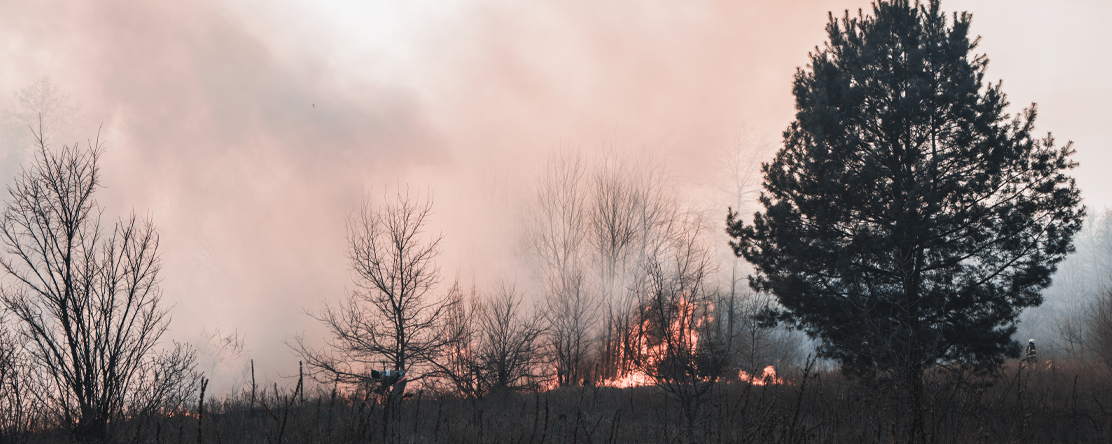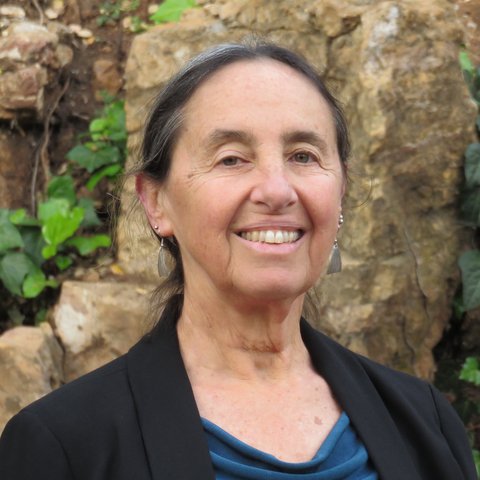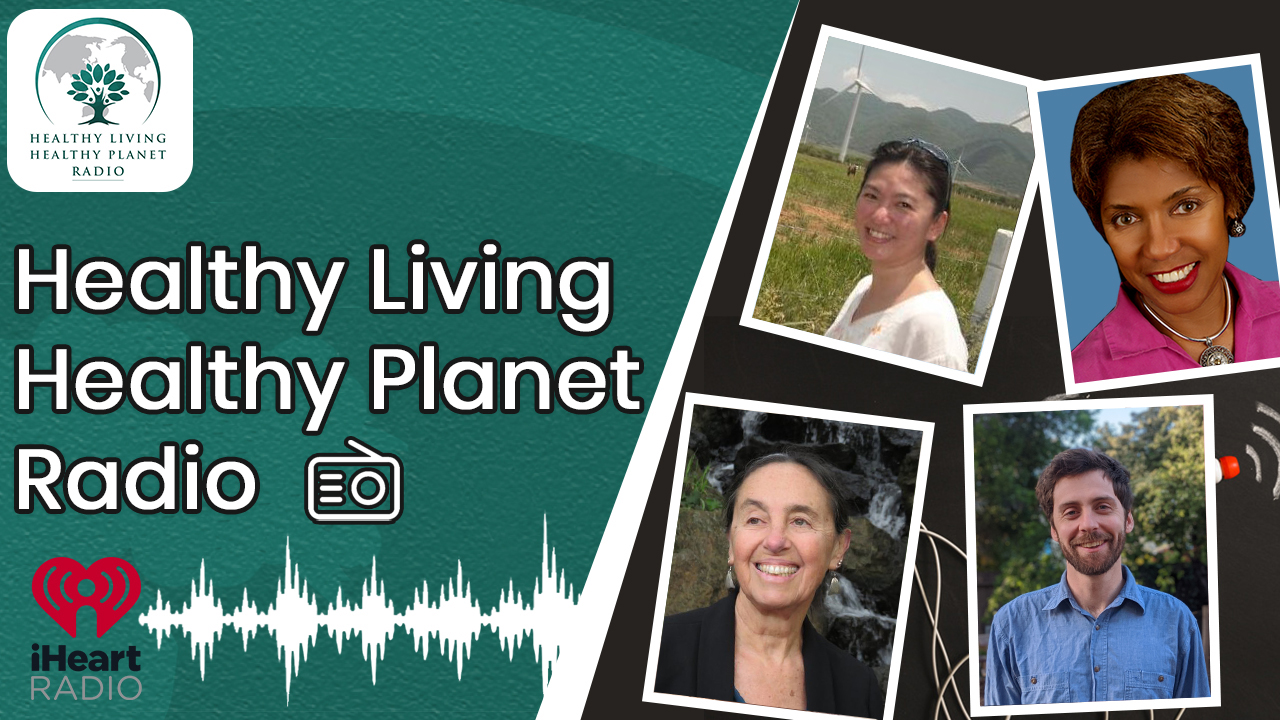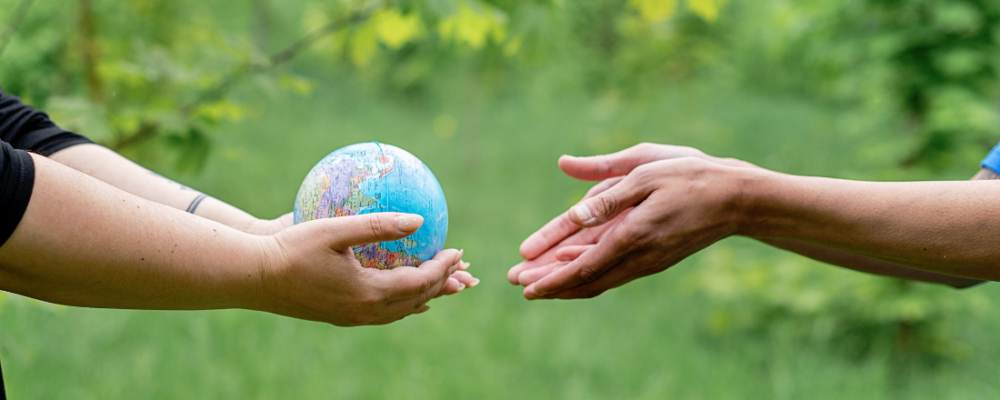
Podcast: PHI’s Linda Rudolph on Climate Change-Driven Health Impacts and Solutions

Climate change is a global public health crisis. To help communities prepare, public health experts are working alongside local leaders to find new and creative ways to mitigate and adapt to the adverse effects of climate change.
In this episode of Healthy Living Healthy Planet Radio, host Bernice Butler speaks with Sam Calisch with Rewiring America; Debbie Ley with the Energy and Natural Resources Unit of the United Nations Economic Commission for Latin America and the Caribbean; and Dr. Linda Rudolph, program director of PHI’s Center for Climate Change and Health. Dr. Rudolph shares insights on how climate change is already creating a negative environment and health impacts—especially for our most vulnerable populations including seniors, children, pregnant women, communities of color, farmworkers and low-income communities.
Listen to the full podcast or watch the YouTube recording below to learn more about how public health leaders are working to find climate solutions that promote health and health equity.
Also available on Spotify, Google Play, Anchor, Radio Public, Apple Podcasts and Stitcher.

Doctors and public health leaders across the country are advocating for the policies that we know are going to make a difference for our health and for the climate and that's at a local level and a state level and at a federal level… trying to make sure that our climate solutions are also the solutions that promote health and health equity.Linda Rudolph, MD, MPH
Program Director, PHI’s Center for Climate Change and Health

Climate change really is a health emergency… we're seeing heat illness and deaths from extreme heat, lung and park impacts from wildfire smoke, increases in vectorborne diseases, like Lyme disease or West Nile virus, injuries and displacement from people's homes from extreme storms and flooding, more challenges with access to clean drinking water, failing crops that are making food prices rise and we're seeing more and more people, especially young people who are experiencing mental health impacts like anxiety and depression because of concerns about climate change and the future. We're seeing these effects, especially in our most vulnerable populations, seniors, children, pregnant people, communities of color and low-income communities.Linda Rudolph, MD, MPH, program director of PHI’s Center for Climate Change and Health
Originally published by Healthy Living Healthy Planet
Work With Us
You change the world. We do the rest. Explore fiscal sponsorship at PHI.
Support Us
Together, we can accelerate our response to public health’s most critical issues.
Find Employment
Begin your career at the Public Health Institute.



